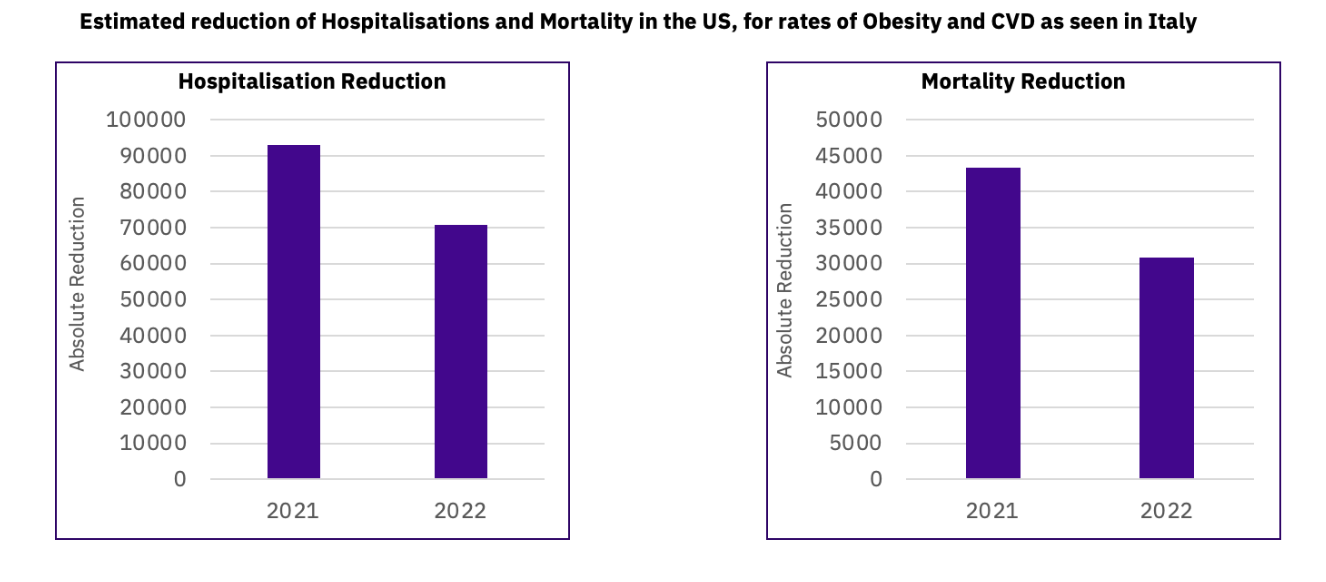Weight loss injections could prevent 300,000 heart failures in the US by 2030, forecasts Airfinity
Weight loss injections, such as Wegovy, could curb obesity-related illnesses such as heart failure and diabetes reducing pressure on healthcare systems.
New analysis by the disease forecasting company Airfinity, estimates 300,000 heart failures could be prevented in the US by 2030 if the treatment was rolled out to 60% of eligible people with a BMI of over 40 and 40% of those with a BMI above 35.
The preventative treatment could also reduce the prevalence of type 2 diabetes in the US by up to 7 million in the same time period if rolled out to the same population group.

It comes as yesterday the UK government announced a first of its kind pilot scheme to assess the drugs potential to impact not only obesity itself but obesity-related illnesses such as diabetes and cardiovascular disease which put a heavy burden on the health service.
The prevalence of obesity and related conditions such as cardiovascular disease are also key drivers for patients being hospitalised and dying from infectious diseases such as COVID-19.
Airfinity analysis shows that if the US had equivalent rates of obesity and cardiovascular disease to those seen in Italy, COVID-19 hospitalisations last year would have been reduced by 70,000 and the number of deaths would have been reduced by over 30,000. In 2021, hospitalisations per day would have been reduced by over 90,000 and the number of deaths would have been reduced by over 40,000.

Senior Director of Cardiomerabolic Disease Bhaskar Bhushan says, “The link between obesity and cardiovascular disease has been long known, but quantifying the value of these new weight loss drugs not just by their direct impact, but including the broader impact they have on associated illnesses including metabolic disease and infectious disease risk is crucial. For example, COVID-19 is still a significant health burden globally, and understanding the impact of anti-obesity medication on COVID-19 outcomes is a key piece of evidence for health authorities worldwide as they decide how best to roll this out”.